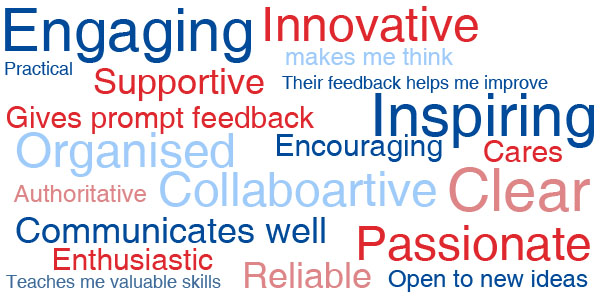Everyone knows who the principal of school is; everyone knows their teachers. But there are people who keep our public schools running smoothly and looking great that many people never notice. In fact, these people do such a good job that it can be easy to overlook them. Yet every school principal and every teacher is very appreciative of the jobs that they do. These people are the secretaries and custodians in our public schools.
Our secretaries answer the phones, oversee daily attendance, order supplies, send out email and paper information to parents, organize files, update their computer skills, and attend to many other responsibilities for the benefit of the students, parents, and school staff. Their work makes it possible for teachers to teach and for principals to lead. Secretaries are often the first person that people see when they enter a school building and therefore, they represent the "first impression" of a school that people have--a very important position.
Custodians keep the school buildings clean and safe for students and staff. They mop floors, empty trash cans, clean the lunch room (daily), keep the heating and air conditioning running, clear the sidewalks of snow, change light bulbs, fix doors, windows, chairs, tables, desks, and anything else that needs fixing. Our custodians attend to many and varied needs throughout the day and throughout the school year. This also includes cutting the grass and maintaining the landscaping around the school. They set up chairs for assemblies and special events. Custodians enable students and staff to work in a clean and safe building every day.
The secretaries and custodians in our public schools are hard-working, dedicated people who take pride in doing a good job and in being part of the public education system. Their role is essential in the smooth operation of any public school.
School Secretary Day (in the United States) is April 23, 2014. It is a day to recognize and show appreciation for the people who do so much for our schools and our school systems.
School Custodian Appreciation day is on October 2nd. Once again, this is a day to share with our school custodians just how much we appreciate the job that they do.
It's good to know that schools have able, competent, and dedicated secretaries and custodians that come to work everyday to support the education of our students!















